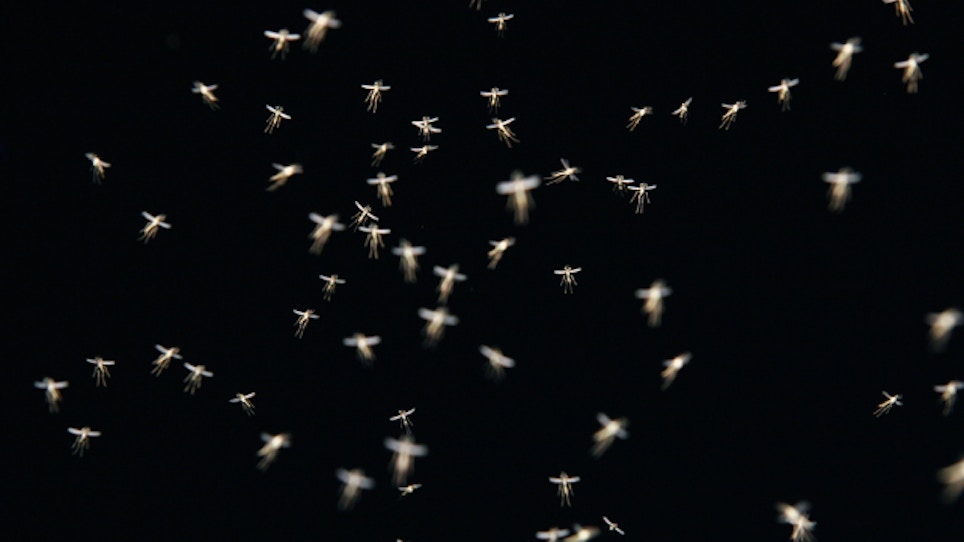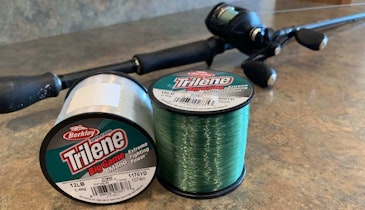Summertime, and early deer seasons, are a time of biting insects, especially mosquitoes. And it's true -- mosquitoes do exhibit preferences, experts say. As an aside, it's not a free meal they're sucking out of you. Female mosquitoes -- males do not bite people -- need human blood to develop fertile eggs. And apparently, not just anyone's.
So, who do mosquitoes like Best? According to Joe Conlon, PhD, technical advisor to the American Mosquito Control Association, “There's a tremendous amount of research being conducted on what compounds and odors people exude that might be attractive to mosquitoes. Researchers are just beginning to scratch the surface.”
Scientists do know that genetics account for a whopping 85 percent of a human’s susceptibility to mosquito bites. They've also identified certain elements of body chemistry that, when found in excess on the skin's surface, make mosquitoes swarm closer.
“People with high concentrations of steroids or cholesterol on their skin surface attract mosquitoes,” Jerry Butler, PhD, professor emeritus at the University of Florida. told WebMD. That doesn't necessarily mean that mosquitoes prey on people with higher overall levels of cholesterol, he said, noting that these people simply may be more efficient at processing cholesterol, the byproducts of which remain on the skin's surface.
Mosquitoes also target people who produce excess amounts of certain acids, such as uric acid, explains entomologist John Edman, PhD, spokesman for the Entomological Society of America. These substances can trigger the mosquitoes' olfactory sensations, or sense of smell, a process that of attraction that begins long before the landing. Mosquitoes can smell their dinner from an impressive distance of up to 50 meters. This means that people who emit large quantities of carbon dioxide are more susceptible to drawing mosquitoes than those who do not.
“Any type of carbon dioxide is attractive, even over a long distance,” Conlon noted. Larger people tend to give off more carbon dioxide, which is why mosquitoes typically prefer attacking adults over children. Pregnant women are also at increased risk, as they produce a greater-than-normal amount of exhaled carbon dioxide. Movement and heat also attract mosquitoes.
Want to try and keep those pesky skeeters at bay in hunting camp? Try putting some water in a white dinner plate and add a couple drops of Lemon Fresh Joy dish detergent. Set the where you like to hang out. Nobody is quite sure what attracts them -- the lemon smell, the white plate color, or what -- but mosquitoes flock to it, and drop dead shortly after drinking the Lemon Fresh Joy/water mixture, and usually within about 10 feet of the plate. Check it out this season, and let us know if it works for you!






